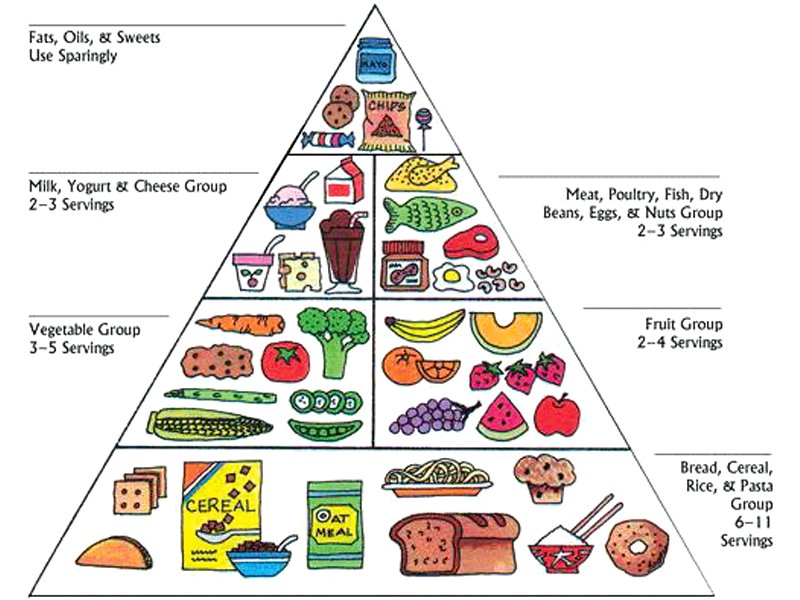
If you answered ‘yes’ to the question above, we’ve got some good news for you! While the prevailing notion regarding metabolism is that it links to your genetics and can’t be changed, scientists and health experts have proven otherwise. Read on to find out how you can speed up weight loss considerably.
What is metabolism?
In order to work on your metabolism, you must make sure that you understand what it is and how it can affect your health. In a nutshell, metabolism refers to a complex biochemical process which occurs in the human body during which the calories we have consumed (through food and beverages) are broken down, combined with oxygen and released into the bloodstream as energy.
The calories that are required for basic bodily functions like breathing, blood circulation and cell repair make up your unique metabolic rate. This rate differs from person to person and the more calories needed by your body, the faster your metabolism is. Body size and composition (large people or those with more muscles burn more calories), gender (men have less fat and more muscles than women) and age (the older you get, the slower the calorie-burning gets) are just some of the factors which can affect your metabolic rate. Apart from these, the level of physical activity you perform every day and the amount of energy required to process your food intake also have a direct link to metabolic rates.
While it may be tempting to blame your unfavourable weight on a slow metabolism, the relationship between the two is much more complex. Weight gain is, in fact, brought on by different factors like genetics, lifestyle, stress and diet composition which lead to an energy imbalance: you might be absorbing more calories than you burn or burning fewer calories than you eat. Weight loss occurs when you burn more than you take in, i.e. when you tip the energy scale to your advantage and hasten your metabolic rate in the process.
How to speed up your metabolic rate?

According to Dr Moti Khan, a Karachi-based nutritionist, people underestimate the importance of physical activity. “In Pakistan, a lot of women think that daily housework counts for exercise but that isn’t true,” says Dr Moti. “Exercise is only beneficial when it’s done in one, continuous span.” Any form of exercise is great for the body but fitness guru Jeannette Faruque recommends HIIT for those looking to enhance their metabolism. “A good HIIT workout increases your heartbeat in a short time so even 30 seconds of it can work wonders,” explains Jeannette. HIIT is an exercise strategy which alternates between short bursts of intense movement with equally short but less intense recovery periods. HIIT workouts may last from just four to over 30 minutes and have been proven to improve cardiovascular health, fat burning and glucose metabolism. A complete HIIT regime should begin with a warm-up session followed by three to 10 rotations of high and low intensity movements to burn fat and rest simultaneously. Jogging, walking or sprinting are some forms of intense exercises you can try and if HIIT gets too much for you, try doing any regular physical activity for 40 minutes every day.

Jeannette believes that diets that curtail the amount of carbohydrates ingested aren’t always healthy as the weight-loss they cause isn’t sustainable once the diet ends. Not to mention, they deprive the body of some essential carbs needed for energy. “Ideally, a diet should comprise of everything from the food pyramid, from protein to carbs and fibres,” says Jeannette. “You should also try consuming small meals, five times a day.” Dr Moti agrees with Jeannette, saying, “Skipping meals or starving actually slows down your metabolism and therefore, can be counterproductive.” Unhealthy foods like fried meats and other fat-rich items should be avoided; Dr Moti recommends lots of raw vegetables and foods with high fibre content instead. “Spicy food increases metabolism too, so long as the spice is used in moderation,” she adds.

Did you know that proper fluids can have as great an impact on your metabolic rate as solid food? Dr Moti explains that, “Drinking water is one of the most important practices to spur your metabolism. Eight to 12 glasses of water are a must for everyone!” Unfortunately, too many of us avoid excess water for fear of having to rush to the bathroom — something Dr Moti is strictly against. “This type of thinking must be nipped in the bud,” she says. Aside from water, different types of soups are a delicious way to increase your liquid intake.

Many women around the world suffer from hormonal conditions like hypothyroidism and poly-cystic ovarian syndrome (PCOS) which slows the metabolic rate down, thereby making it hard for them to shed fat. Dr Moti acknowledges that it becomes extremely difficult — both physically and psychologically— for these women to lose weight so they must put in some extra effort. However, with increased physical activity and a proper diet, it can be done. “If a regular person exercises for 40 minutes daily, women with hormonal problems should workout for an hour,” says Dr Moti.

Published in The Express Tribune, Ms T, February 22nd, 2015.
1732503274-0/Untitled-design-(43)1732503274-0-405x300.webp)
1732501636-0/Untitled-design-(42)1732501636-0-165x106.webp)

1732498967-0/Outer-Banks--(1)1732498967-0-165x106.webp)
1732086766-0/BeFunky-collage-(74)1732086766-0-165x106.webp)












COMMENTS
Comments are moderated and generally will be posted if they are on-topic and not abusive.
For more information, please see our Comments FAQ